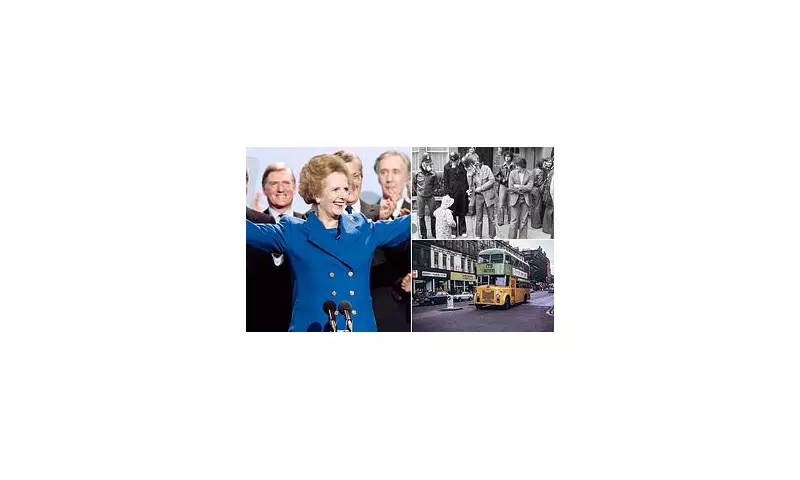
Are we witnessing Britain's slow, painful return to the darkest days of the 1970s? According to veteran commentator John Macleod, the parallels between today's Britain and that crisis-ridden decade are becoming impossible to ignore.
The Ghost of Decades Past
Macleod paints a disturbing picture of a nation sliding backwards, with today's challenges echoing the worst aspects of that troubled era. From economic stagnation to political paralysis and social decay, the warning signs are flashing red.
Economic Echoes of Disaster
The economic landscape feels frighteningly familiar. Soaring inflation, energy crises, and industrial unrest are creating a perfect storm that Britain hasn't seen since the Winter of Discontent. Workers across multiple sectors are taking strike action, while families struggle with the escalating cost of living.
"We seem to have forgotten how truly awful that period was," Macleod warns, pointing to the collective amnesia about just how bad things became during the 1970s crisis.
Political Paralysis Then and Now
The political parallels are equally alarming. Just as the 1970s saw weak governments unable to control events, today's political establishment appears equally powerless in the face of multiple crises. The sense of a country adrift, with leadership lacking either the will or ability to steer the ship, grows stronger by the day.
A Nation Losing Its Way
Beyond the economic and political comparisons, Macleod identifies deeper cultural and social declines. The loss of national confidence, the crumbling of public services, and the general sense of decay all contribute to this unsettling feeling of déjà vu.
Why We Can't Afford to Repeat History
What makes this potential return to the 1970s particularly dangerous is that we've been here before - and should know better. The lessons of that difficult decade appear to have been forgotten, with the same mistakes being repeated despite the painful historical precedent.
"The hysterical talk of sliding back into the 1970s isn't just nostalgia or exaggeration," Macleod argues. "It's a genuine warning about what happens when a nation loses its way and its institutions fail."
Is There Hope for Course Correction?
While the comparisons are bleak, Macleod suggests that recognising these patterns might be the first step toward breaking them. The question remains whether Britain has the political will and social cohesion to change direction before the slide becomes irreversible.
The warning is clear: unless we learn from the ghosts of our recent past, we may be condemned to relive one of the most difficult periods in modern British history.





